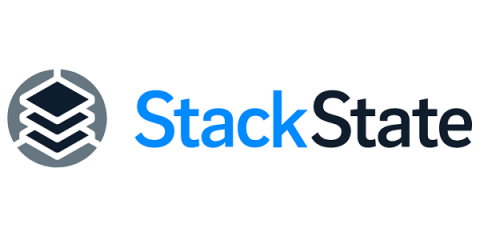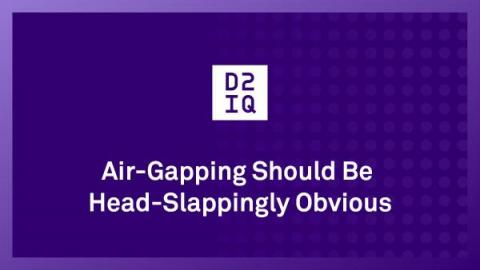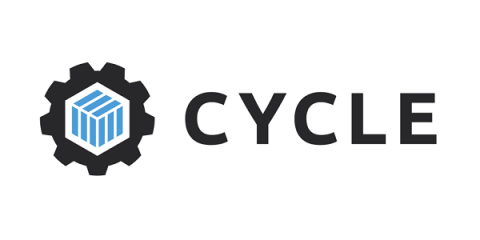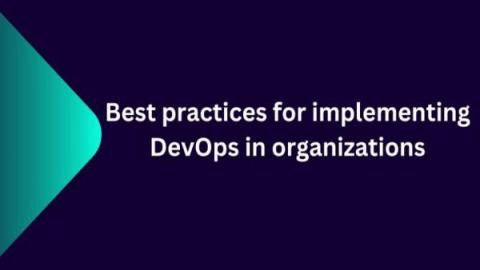How to Effortlessly Deploy Cribl Edge on Windows, Linux, and Kubernetes
Collecting and processing logs, metrics, and application data from endpoints have caused many ITOps and SecOps engineers to go gray sooner than they would have liked. Delivering observability data to its proper destination from Linux and Windows machines, apps, or microservices is way more difficult than it needs to be. We created Cribl Edge to save the rest of that beautiful head of hair of yours.











